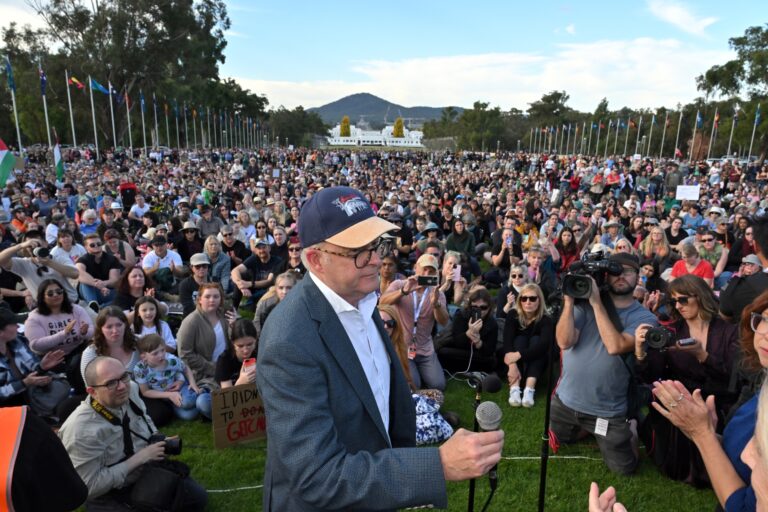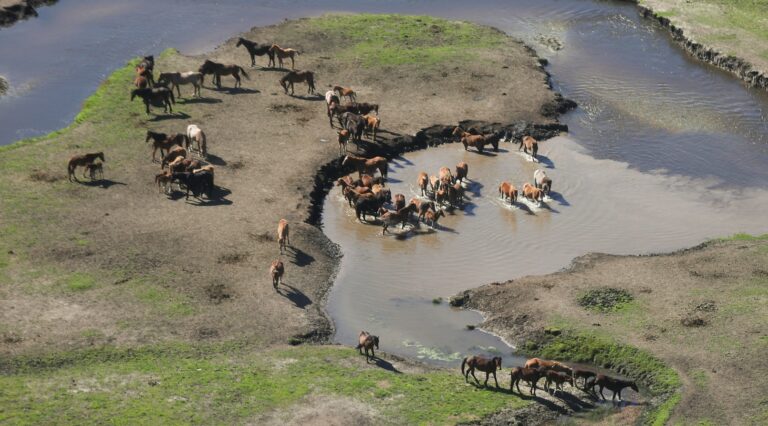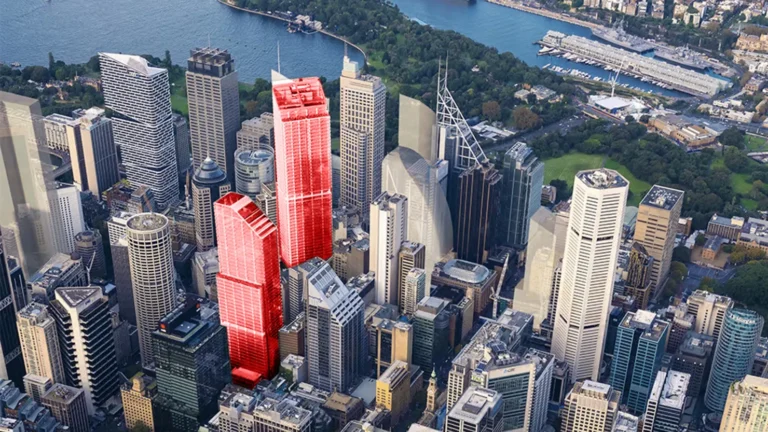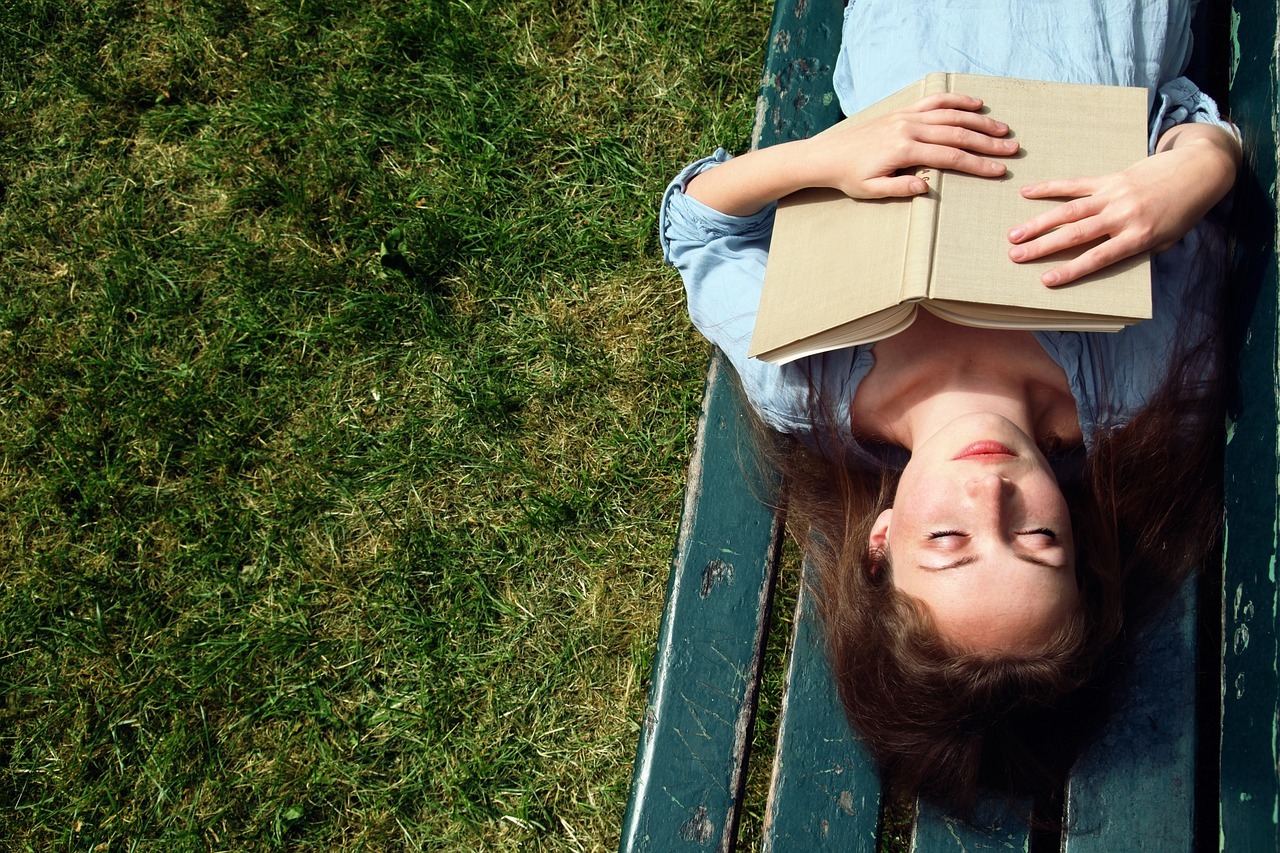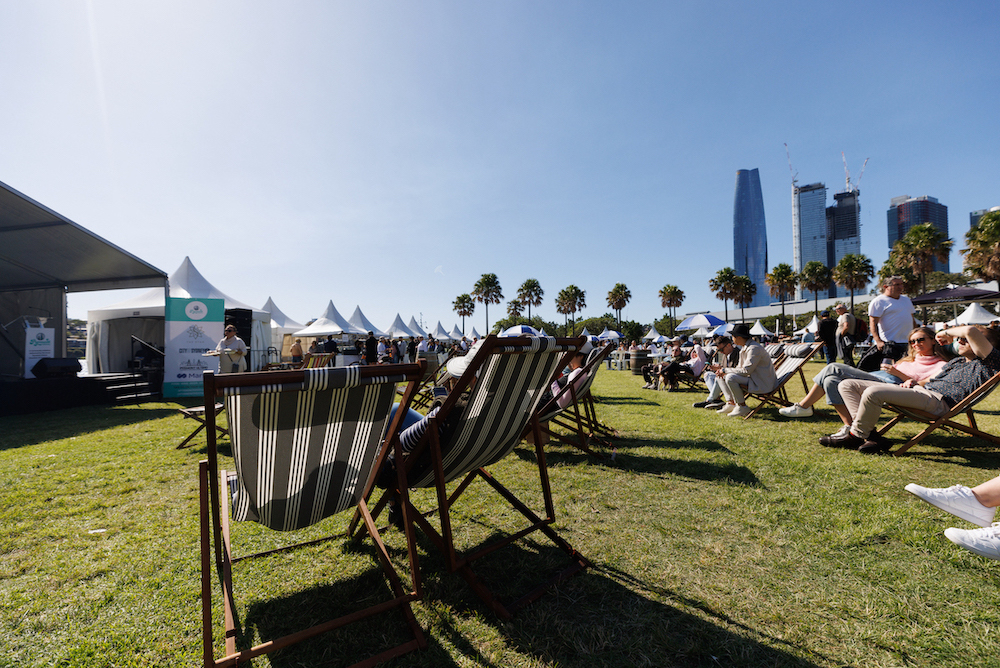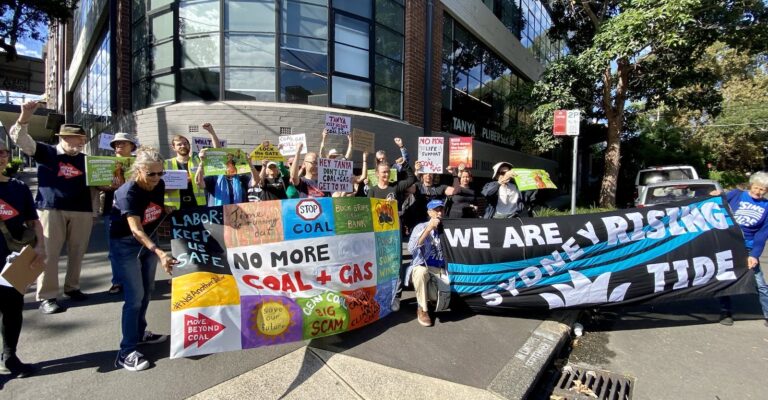
The Mask Debate

The government has issued a “strong recommendation” that people wear masks in four vital circumstances, as the NSW premier warns that the state is in a “critical” stage.
On Sunday, Gladys Berejiklian urged for residents to use face masks on public transport and in supermarkets amid fears the state remains at risk of Victorian cases spreading.
Wearing masks will not be mandatory, but Ms Berejiklian said: “it is a strong recommendation from Health, given where we are in the pandemic, given the risk posed from Victoria and given the rate of community transmission in NSW.”
The four key areas people should wear masks are in enclosed spaces (such as public transport), if they work in a customer-facing role (such as hospitality or retail), if they attend a place of worship, or if they are in an area where there is high community transmission.
Abrar Chughtai, an Epidemiologist from the University of New South Wales, said that masks are crucial in helping to stop the spread, particularly as people with coronavirus can be asymptomatic.
He explained that the state is “now at the border” and it’s about doing our part to keep the community safe.
“In NSW either we can control it, or we will be in the same situation we see in Melbourne now,” Dr Chughtai said.
“If we have effective intervention available, then why don’t we use it? I would urge people to wear masks for the safety of those around them.”
Dr Chughtai said that surgical, one-use masks are generally considered to be better quality. Still, cloth masks will do the job and ensure there is enough supply of the surgical masks for health workers and other critical areas.
He added that it was essential to wash hands with soap and water before putting on and after removing the mask.
“Avoid touching your mask when using it and assume there could be a virus on both sides of the mask,” Dr Chughtai said.
“Wash your reusable mask every time you take it off.”
Dr Chughtai said there are a few things to keep in mind when choosing or sewing a cloth mask to use.
“Find one that uses two or three layers of fabric,” he said.
“Choose a fabric with a high thread count; in layman’s terms do not choose one that is see-through.
“Make sure it fits well around the face and covers the nose and chin.”
On Monday, NSW Labor called for face masks to be mandatory on public transport, in supermarkets and shopping centres and places of worship.
“The Premier’s mask recommendation isn’t an instruction,” said NSW Labor Leader Jodi McKay. “It doesn’t convey the severity of the situation. NSW needs clear directions to keep people safe and keep businesses open.
“Public health orders exist to protect the community. The Premier should use them to stop the spread of the virus and keep the economy moving.”
Before the current international pandemic, the Detmold Group primarily manufactured board and paper packaging for the food and retail industries.
But as the country looked to bolster medical supplies, the company was approached by the South Australian government to see if they would be interested in producing masks.
Tom Lunn, group general manager for marketing and innovation, said compared to 14 weeks ago they now have 20 machines on the floor and are making one million masks a day.
“The initial deal was 45 million for SA Health and 100 million for the national stockpile,” he said.
“We now have direct contracts with most health departments around Australia, private hospital operators and lots of direct businesses such as the major grocery outlets, mining companies and we also sell online direct to the public.
“We now have over 200 people in the medical business, and 180 of those are new employers.”
Mr Lunn said they have teamed up with Tacca Medical which will produce the meltblown polypropylene layer for medical masks.
This will help ensure that Detmold Medical can access the vital raw material that prevents microscopic particles from passing between patients and medical professionals.
“This consolidates the supply of the raw material within Australia, so we don’t have to rely on any overseas suppliers,” Mr Lunn said.
Saiba Choy started making masks after losing her job as a result of COVID-19.
“I needed to be able to afford dog food for my baby boy, Astro the Kelpie,” she said. “Demand has been up and down. I started making masks in April during the first lockdown, and lots of my sales were to family and friends.”
Ms Choy sold 100 masks in that first month, but under 50 in May and June but as the case numbers started to increase rapidly on too did demand.
“When the Victoria wave and clusters started coming out, and the government guidance for masks occurred, demand skyrocketed to 600 in July,” she said. “It was very interesting to see and challenging to meet the demand. It has brought me closer to my family, who has rallied around me to help me keep the supply going.”
To cope with the strain of losing a job and stress due to current events, Ms Choy makes sure she still trains to keep up her fitness health which in turn helps her mental health.
“The mask-making itself also helps me cope,” Ms Choy said.
“It makes me feel like I’m doing something useful for the community because my masks are reusable and washable and I think they’re a better alternative than single-use masks which contribute to landfill.
“I love seeing people wearing reusable masks, and I also want it to be more acceptable in the community outside of Victoria. If I make masks with prints people enjoy wearing, I hope that will mean more people will wear them.”
Jess Kumanovski, the owner of Maison de Femmes, has also shifted her business to adapt to the changing world.
Originally from Wollongong, she has decided to live with her parents there during the pandemic rather than go back to Melbourne.
“In retrospect, I’m pretty glad I stayed, even if my life and my little apartment are 900km’s away,” Miss Kumanovski said.
“My mum recently mentioned that she was going to make fabric face masks for our family, and I realised that there was a gap in the market for beautiful face masks.
“After seeing the number of people outraged at their ‘human rights’ being violated by being asked to protect themselves and others with a face mask, it made sense that making face masks fun and fashionable may entice people to actually wear them.”
Miss Kumanovski said she started selling them at the weekend after spending some time building up supplies.
She added that alongside her mother, they had been sewing face masks from 100 per cent cotton material, crafted to the DHHS guidelines.
Where to buy cloth masks:
Saibatooth – www.etsy.com/people/saibatoothcub
Maison de Femmes – www.maisondefemmes.com
By Annie Lewis
